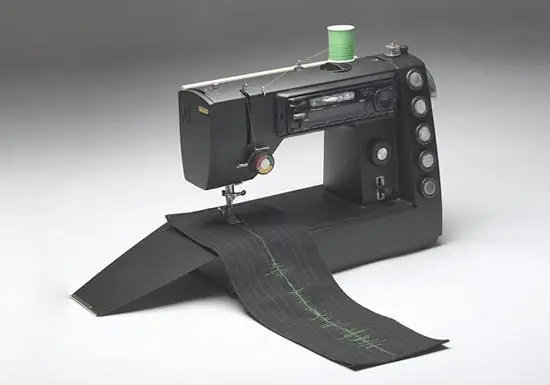Even if you are an unprofessional dressmaker, you can easily sew anything for yourself. There is nothing difficult in this, you just need a desire. Do not be intimidated by the fact that you will need to create patterns and patterns. On the Internet, you can easily find any information and download what you need. To master cutting and sewing, you need to learn how to deal well with the drawings of the patterns offered to you. If you're ready to learn, follow our step-by-step guide.

Instructions
Step 1
Check out a simple, but very necessary table and diagrams that will be basic for you when creating clothes of any complexity. These schemes are kind of templates. Download them from the Internet, save and print. You should always have templates close at hand. After you have cut out the thing yourself several times, you will well remember the correct order of building patterns.
Step 2
Find on the Internet and print a table with the name of all measurements. As a rule, such tables consist of three columns. The first contains the number of the measurement, the second contains the name of the measurement, and the third column is intended for recording your data.
Measure number Measure name Your data
M1 Chest
M2 waist circumference
M3 hip girth
M4 Front length to waist
M5 back length to waist
M6 Shoulder Length
M7 Back width
M8 Chest Width
M9 Chest height
M10 Chest distance
M11 Neck depth
M12 Armhole depth
M13 Hip line from waist
M14 Skirt length
M15 Arm length to elbow
M16 Arm length to wrist
M17 Arm girth along the armhole
M18 Girth of the arm to the elbow
M19 wrist girth
M20 Pants length
M21 Stride length
You can print our table and write down your data there, we recommend entering all the data right away, regardless of what you are going to sew.
Step 3
Decide what you want to sew. Find on the Internet the order of constructing patterns for dresses, sweaters, skirts or trousers.
Step 4
Take a pencil, a sheet of paper, a ruler and start drawing a diagram, transfer it to paper and start sewing.






